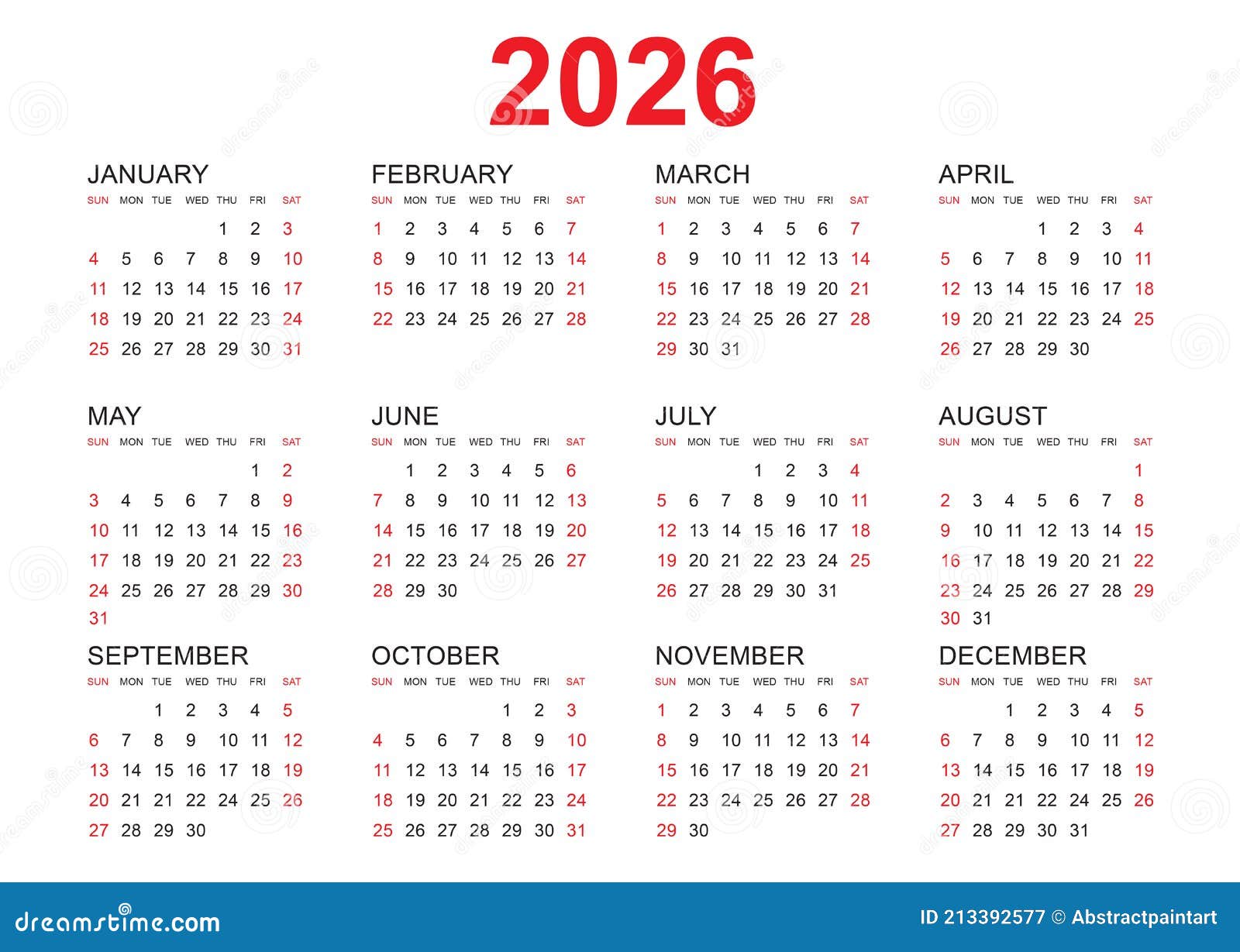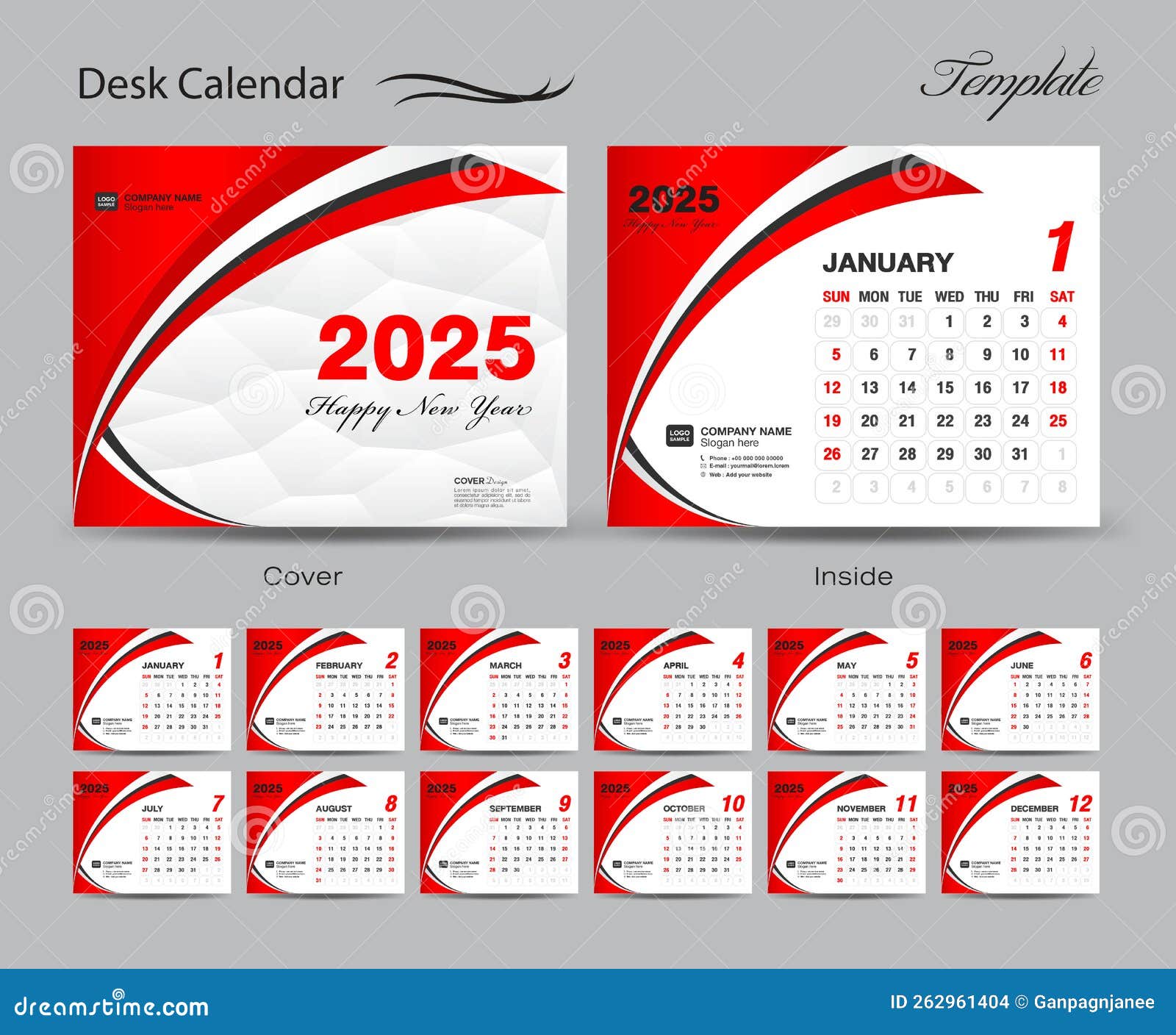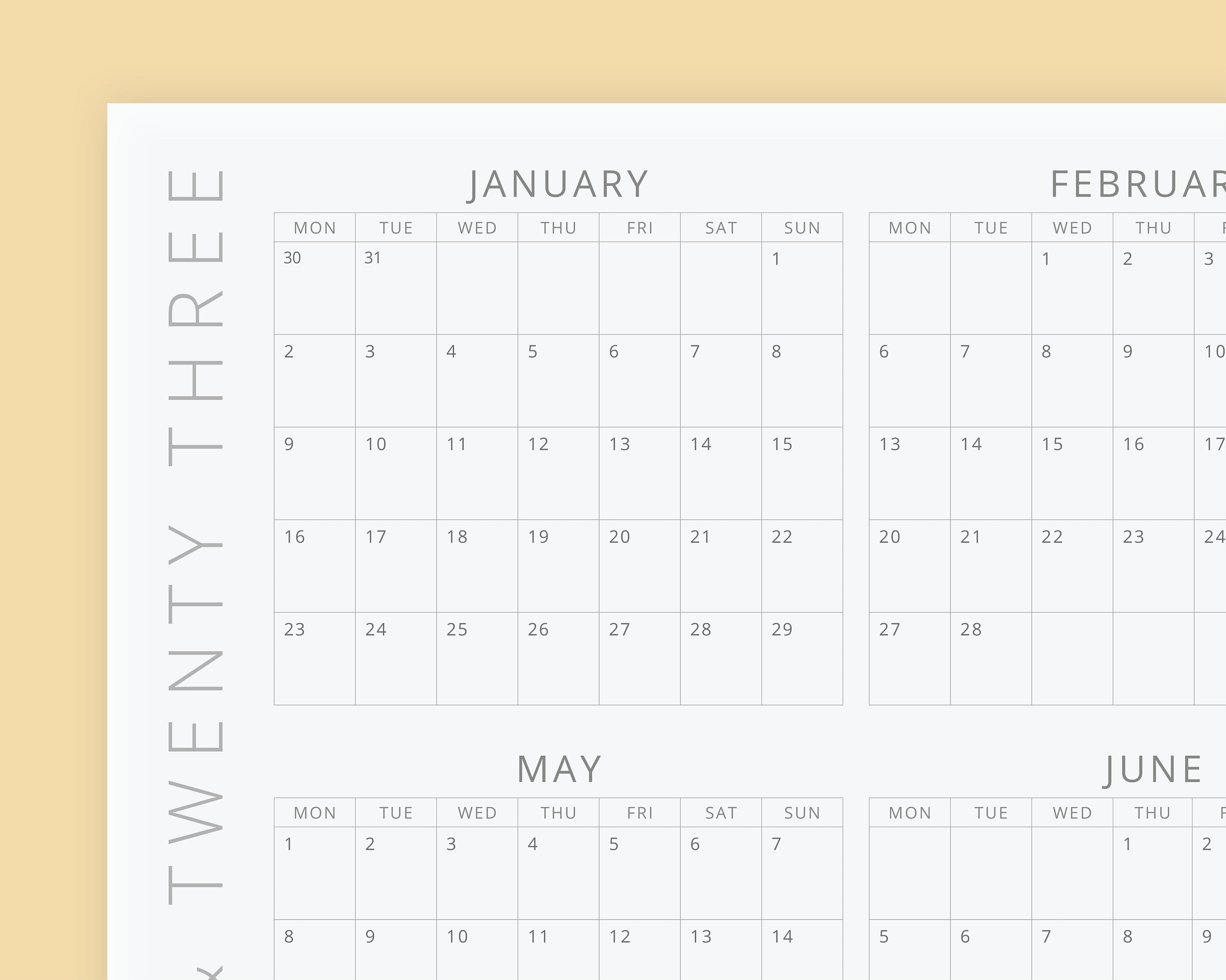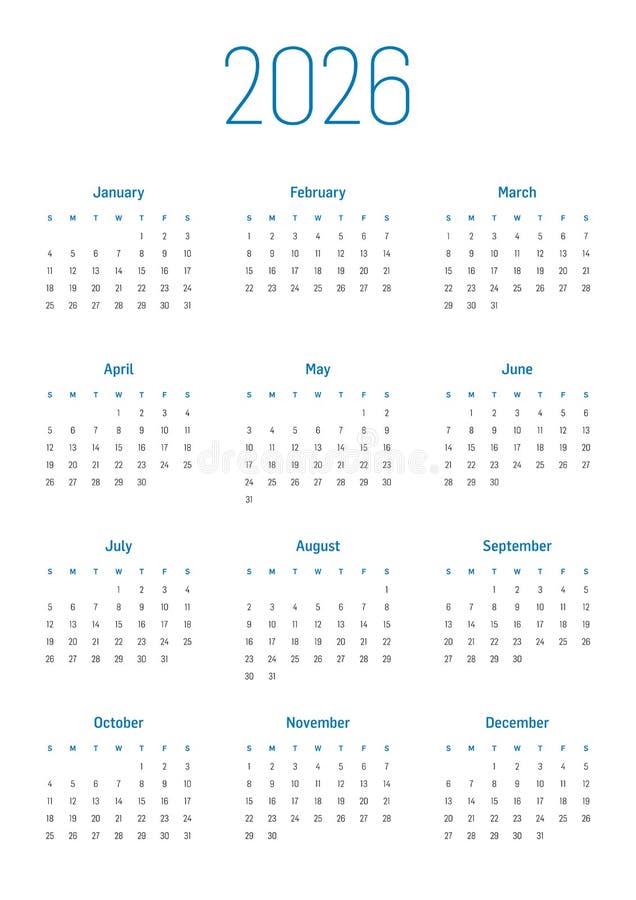A Glimpse Into The Future: Exploring The Significance Of A 2026 Wall Calendar In The Year 2023
A Glimpse into the Future: Exploring the Significance of a 2026 Wall Calendar in the Year 2023
Related Articles: A Glimpse into the Future: Exploring the Significance of a 2026 Wall Calendar in the Year 2023
Introduction
With enthusiasm, let’s navigate through the intriguing topic related to A Glimpse into the Future: Exploring the Significance of a 2026 Wall Calendar in the Year 2023. Let’s weave interesting information and offer fresh perspectives to the readers.
Table of Content
A Glimpse into the Future: Exploring the Significance of a 2026 Wall Calendar in the Year 2023

The concept of a wall calendar, a seemingly mundane object in our digitally dominated world, might appear outdated. Yet, the existence of a 2026 wall calendar in the year 2023 presents a unique opportunity for exploration, prompting us to delve into the reasons behind its creation and its potential significance.
Understanding the Purpose of a 2026 Wall Calendar
A 2026 wall calendar, designed and published in 2023, serves a multifaceted purpose. While it may not be an essential tool for daily scheduling in the present, it fulfills several crucial roles:
- A Long-Term Planning Tool: The calendar provides a visual representation of a future timeframe, allowing individuals and organizations to plan for events, projects, and milestones that extend beyond the immediate future. This can be particularly valuable for industries with extended lead times, such as construction, manufacturing, or research.
- A Historical Artifact: A 2026 wall calendar serves as a historical artifact, capturing the zeitgeist of 2023. It offers a snapshot of prevailing cultural trends, important events, and significant figures of the time. Future generations might find such calendars valuable for understanding the social and political landscape of the early 21st century.
- A Symbol of Anticipation and Hope: The existence of a 2026 wall calendar signifies a belief in the future, a sense of optimism that the world will continue to evolve and progress. It encourages individuals to envision and plan for a brighter tomorrow.
Beyond the Practical: Exploring the Psychological Impact
The presence of a 2026 wall calendar can have a profound psychological impact on individuals. It can:
- Promote a Sense of Control: By visualizing a future timeframe, individuals may feel a greater sense of control over their lives and their ability to shape the future. This can lead to increased motivation and a more proactive approach to goal setting.
- Foster Patience and Persistence: The extended timeline presented by a 2026 calendar can encourage individuals to embrace a long-term perspective, fostering patience and persistence in pursuing their goals. It can help them navigate challenges and setbacks with greater resilience.
- Inspire Creative Thinking: The act of planning for a future several years away can stimulate creative thinking and innovation. It encourages individuals to envision new possibilities and explore unconventional solutions.
Benefits for Businesses and Organizations
The use of a 2026 wall calendar can also benefit businesses and organizations in various ways:
- Strategic Planning and Execution: It provides a framework for long-term strategic planning, enabling organizations to identify key milestones, allocate resources, and monitor progress over a sustained period.
- Enhanced Communication and Collaboration: The calendar serves as a visual communication tool, facilitating collaboration and alignment across teams and departments. It helps ensure that everyone is aware of important deadlines and shared goals.
- Improved Project Management: The extended timeframe allows for better project planning and management, enabling organizations to identify potential risks, allocate resources effectively, and track progress against established timelines.
FAQs
Q: Why would someone need a 2026 wall calendar in 2023?
A: While not essential for daily scheduling, a 2026 calendar offers valuable benefits for long-term planning, historical documentation, and fostering a sense of optimism about the future.
Q: What kind of information might be included in a 2026 wall calendar?
A: A 2026 wall calendar might include important dates, holidays, cultural events, astronomical phenomena, historical anniversaries, and significant technological advancements anticipated for that year.
Q: Is it practical to plan for events that are several years away?
A: While some events might be subject to change, long-term planning can be beneficial for projects with extended timelines, major life decisions, and strategic initiatives.
Q: Can a 2026 wall calendar be used for personal or professional purposes?
A: Yes, a 2026 wall calendar can be utilized for both personal and professional purposes, depending on individual needs and preferences.
Tips
- Utilize the calendar for long-term goal setting: Identify significant milestones and deadlines for personal or professional projects.
- Mark important events and holidays: Record dates for birthdays, anniversaries, or cultural celebrations.
- Use the calendar as a visual reminder of your aspirations: Place it in a prominent location where it serves as a constant source of motivation.
- Engage in discussions about the future: Use the calendar as a conversation starter to explore future possibilities and shared aspirations.
Conclusion
The existence of a 2026 wall calendar in the year 2023 transcends its practical function as a mere tool for timekeeping. It represents a unique opportunity to explore the significance of long-term planning, the power of anticipation, and the enduring human desire to envision and shape the future. By embracing the potential of this seemingly ordinary object, we can gain valuable insights into our own aspirations and the collective journey of humanity towards a brighter tomorrow.








Closure
Thus, we hope this article has provided valuable insights into A Glimpse into the Future: Exploring the Significance of a 2026 Wall Calendar in the Year 2023. We appreciate your attention to our article. See you in our next article!